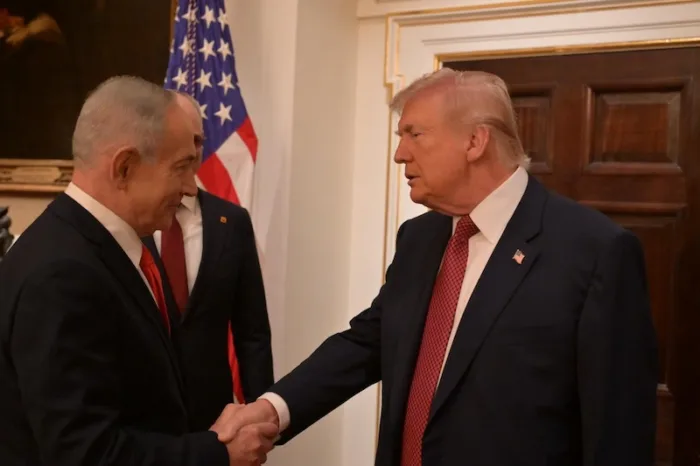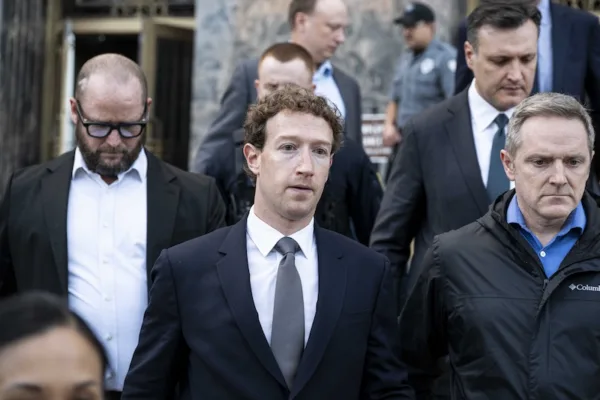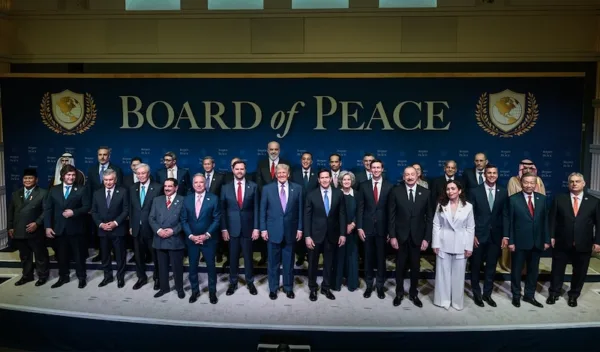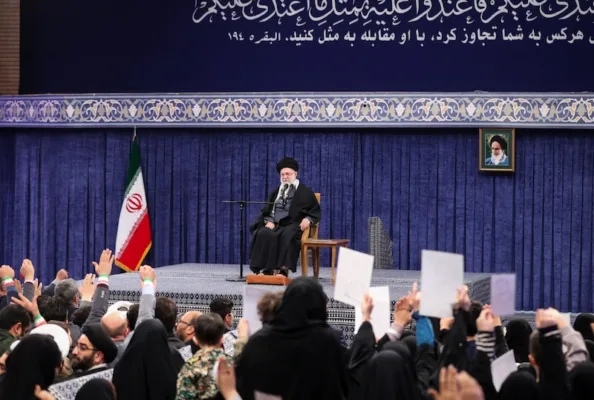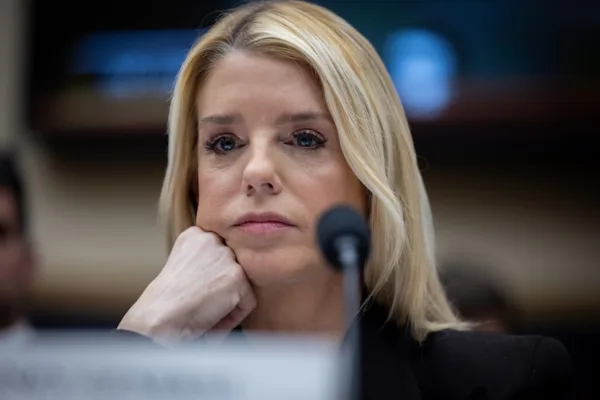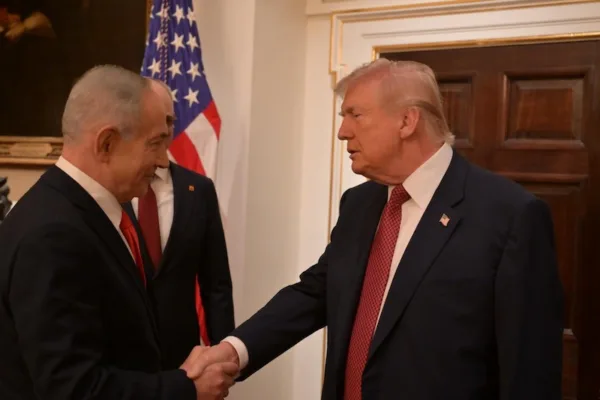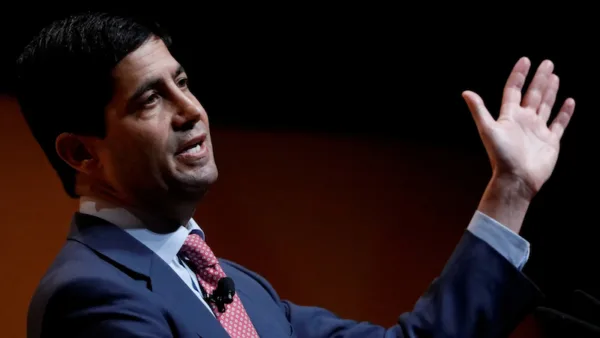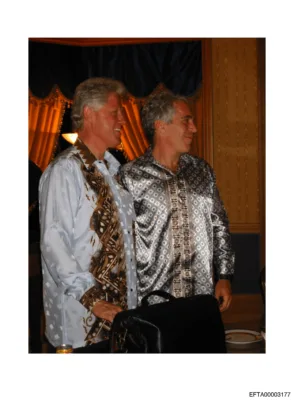Is Trump gearing up for a clash with the establishment?

President-elect Trump’s recent cabinet appointments have caused shockwaves in Washington, surprising even some Republicans. His picks for critical positions like Defense Secretary, Director of National Intelligence, and Attorney General aren’t only controversial but also face potential difficulties gaining Senate approval. Figures such as Pete Hegseth, Tulsi Gabbard, and Matt Gaetz, while ardent Trump supporters, lack experience for such senior roles. These appointments signal Trump’s focus on removing opposing voices in senior ranks across the military, intelligence, and justice sectors and foreshadow possible upheaval in these institutions.
Attorney General Choice
Trump’s first Attorney General was Jeff Sessions, one of his earliest supporters, who disappointed Trump by recusing himself from the Russia investigation, which was later taken over by Special Counsel Mueller. Sessions faced Trump’s harsh criticism and eventually resigned, replaced temporarily by Matthew Whitaker and then by William Barr, who remained until the end of Trump’s term. While the Mueller report revealed substantial findings, Barr closed the investigation, arguing it did not substantiate collusion between Trump and Russia, a move seen as a pivotal moment, reinforcing Trump’s narrative that he was targeted by a “deep state” conspiracy.
For Trump’s second term, the appointment of the highly controversial Matt Gaetz as Attorney General signals an intent to not only dismiss cases against him but also to challenge internal Justice Department lawyers. Gaetz, who has faced congressional investigation, may have been chosen by Trump to shield him from further inquiries. Though Gaetz’s Senate confirmation is uncertain, his nomination suggests Trump’s intent to both address cases against himself and potentially intervene in the January 6 sentences.
Defense Secretary
Trump’s pick for Defense Secretary, Pete Hegseth, a former soldier and Fox TV commentator, is known for his unwavering support of Trump and criticism of Chairman of the Joint Chiefs, Charles Q. Brown Jr. Hegseth’s opposition to women in certain military roles and criticism of the Pentagon’s diversity policies suggest Trump’s combative stance towards senior military officials. Despite likely Senate resistance, entrusting Hegseth with the $800 billion Pentagon budget hints at a challenging period ahead, especially with complex issues like the Syrian withdrawal on the table.
Director of National Intelligence
Trump’s choice for Director of National Intelligence, Tulsi Gabbard, is notable for her controversial stance on issues like Ukraine, where she’s supported Russian viewpoints, and Syria, where she has voiced pro-regime sentiments. Formerly a Democratic presidential candidate in 2020 and an independent Representative in 2022, Gabbard is known for her opposition to regime change policies. In 2019, during Türkiye’s operations in Syria’s north, she strongly criticized Türkiye. With experience as a soldier in Iraq and Kuwait and a fierce critic of interventionist policies, Gabbard’s nomination points to Trump’s preference for loyalty over experience.
During his first term, Trump’s appointees in these agencies were skilled but at times resisted his directives or sought to manage him. Now, Trump appears intent on avoiding similar conflicts by choosing loyalists who may lack bureaucratic expertise but are prepared to challenge the established order. His controversial picks indicate a turbulent period ahead, with potential clashes between Trump’s administration and entrenched bureaucratic institutions likely on the horizon.


